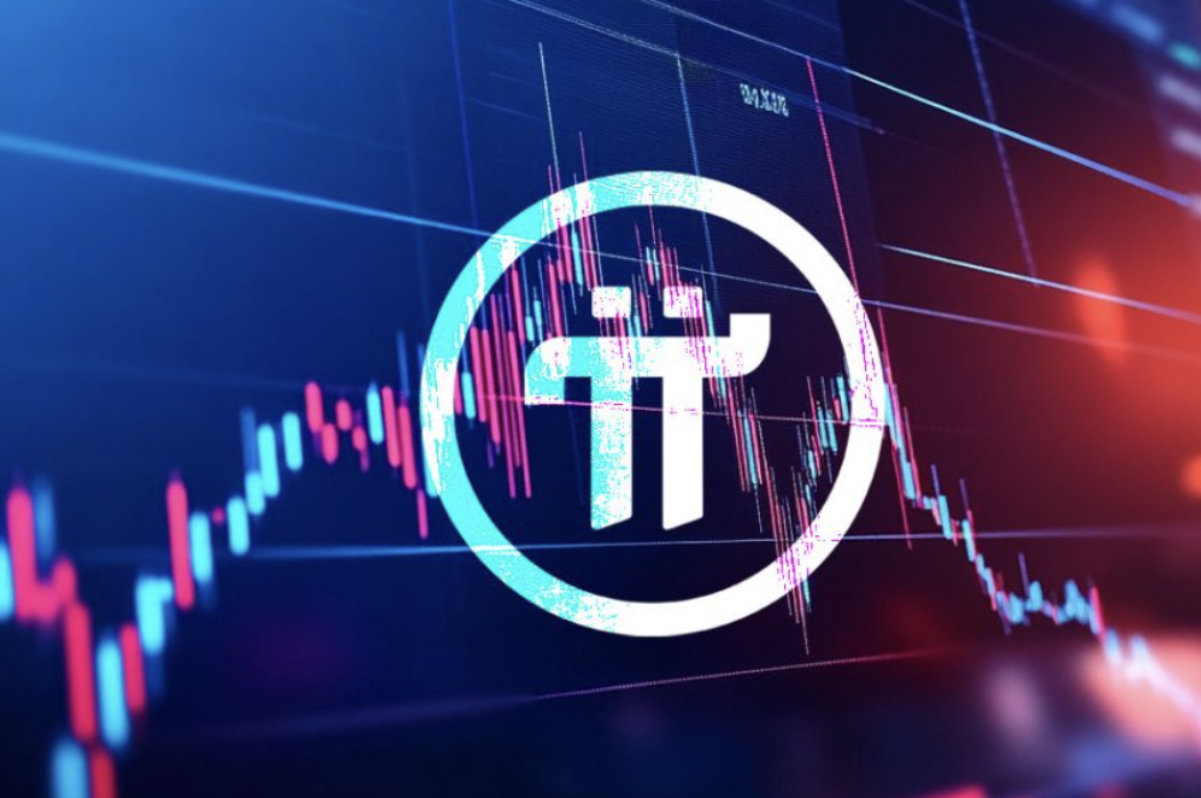
As the March 14 KYC (Know Your Customer) verification deadline for Pi Network miners came to an end, many users lost all their mined Pi due to failure to verify their accounts.
Meanwhile, others saw a reduction of 20–50% in their Pi balance, as fellow miners in their network failed to complete KYC.
Pi holdings wiped out for non-KYC users
At 3:00 PM on March 14, the Pi Network system officially closed its KYC process. Any user who did not complete verification lost access to all Pi they had mined.
Reports across Pi Network communities show that some users lost their entire balance after failing to pass KYC. The system sent out notifications confirming the loss of Pi ownership.
A user named H.T. shared that he had accumulated nearly 350 Pi but lost everything when he could not complete the final step of KYC (Step 8), where the system decides whether the user is fully verified. As a result, all his mined Pi was erased.
Similarly, Q.H. reported that a friend in Indonesia lost both of his Pi accounts, which had a total balance of 868 Pi and 1,518 Pi, respectively. Based on the current Pi price of approximately $1.60 per Pi, this equates to a loss of nearly $2,400.
KYC verification fees and locked Pi holdings
Even those who successfully completed KYC faced losses. Some users had to pay Pi fees to correct name mismatches with their identification documents. N.T. reported losing 20% of his Pi balance for a name change, with the system deducting the amount directly from his "pink Pi" (self-mined Pi).
Additionally, completing KYC does not mean users can sell their Pi immediately. They must pass Step 9, where they are placed in a queue for mainnet approval (allowing Pi to be transferred to an exchange for trading). Even then, only a limited amount of Pi will be unlocked based on the user's mining history.
Shortly after the KYC process was locked, Pi's price dropped by 8%, now trading at around $1.58 per Pi. Experts suggest that this decline was caused by newly verified users selling their mainnet-approved Pi on cryptocurrency exchanges, increasing market supply.
In Vietnam, cryptocurrency transactions are still unregulated. The State Bank of Vietnam has repeatedly warned that owning, buying, or selling Bitcoin and similar cryptocurrencies carries significant risks, as these assets are not legally protected.
PV